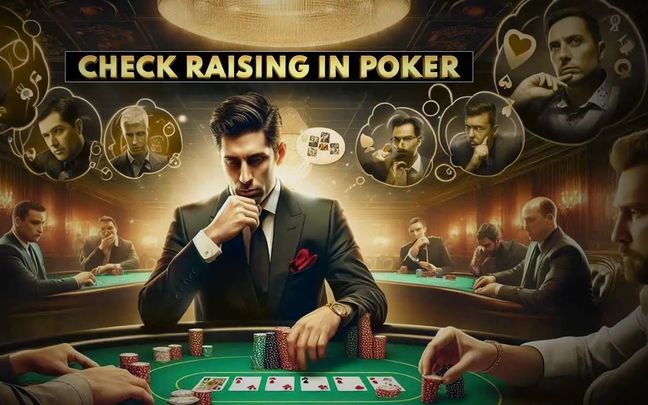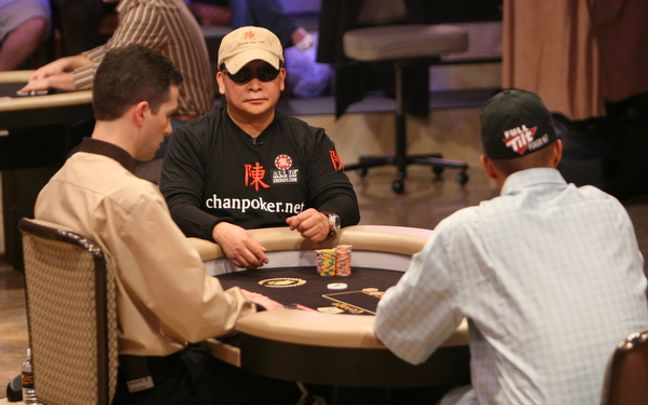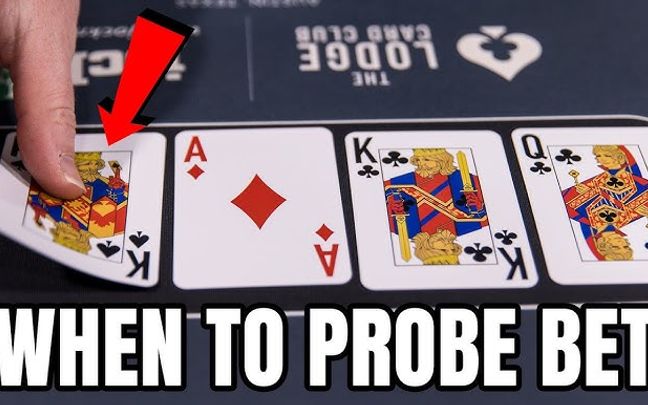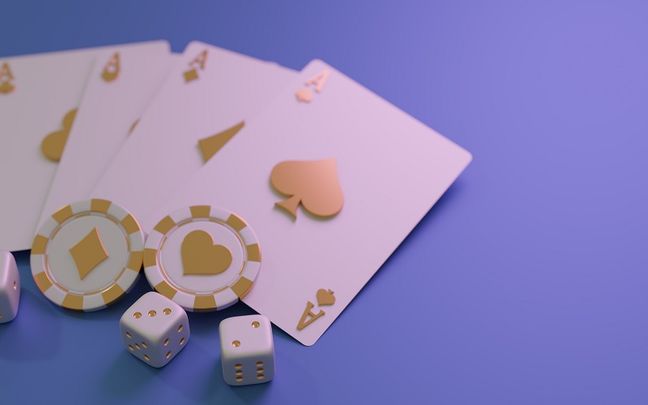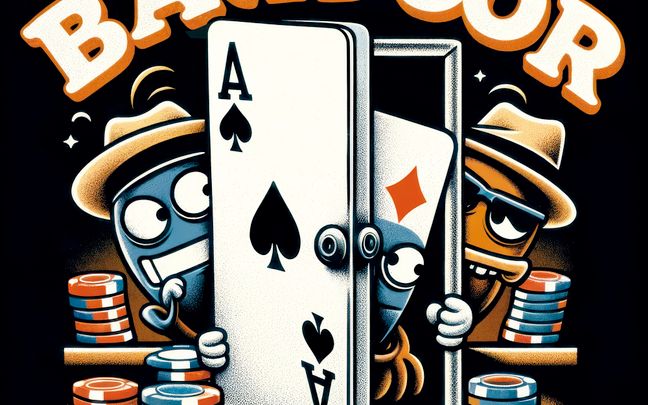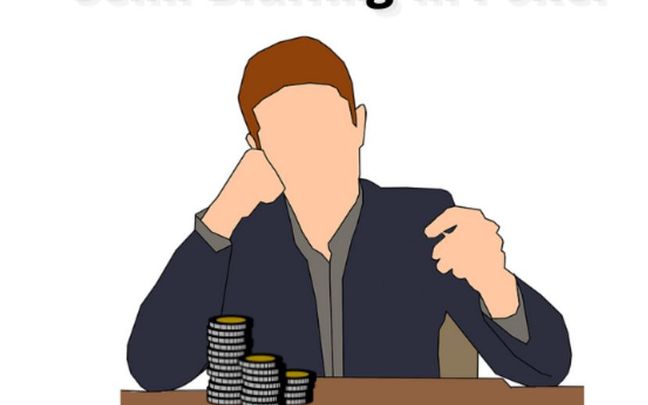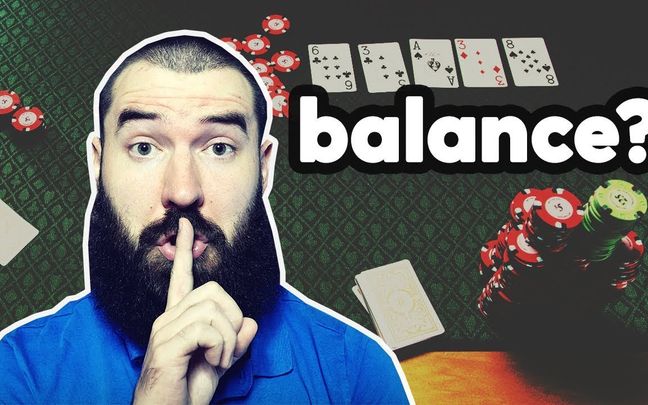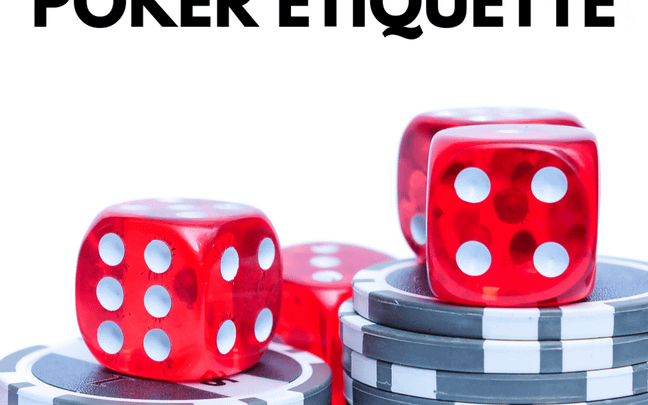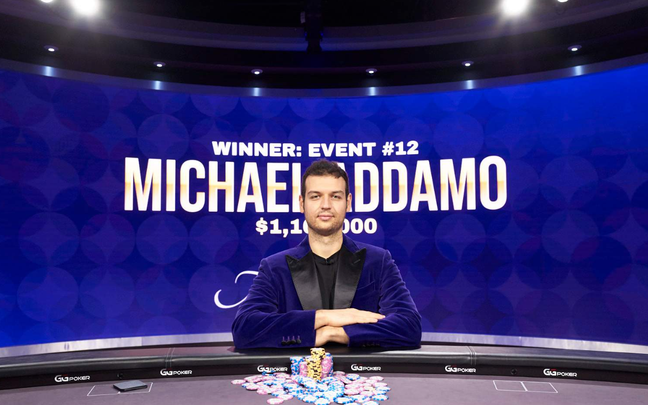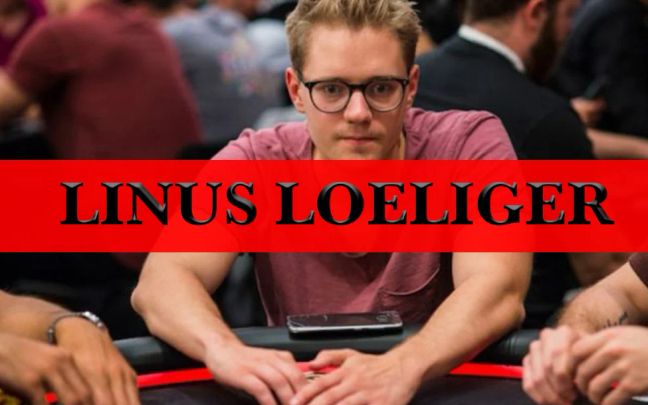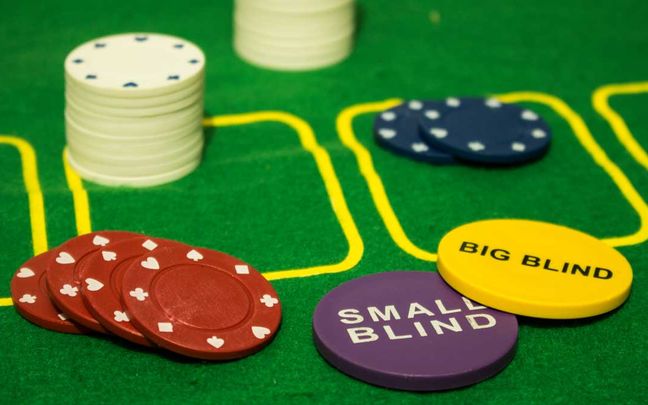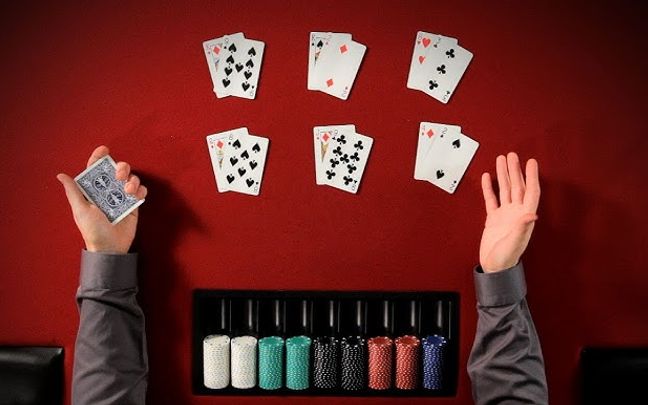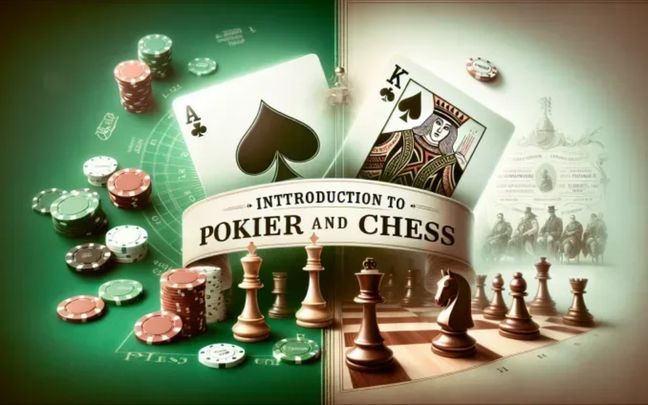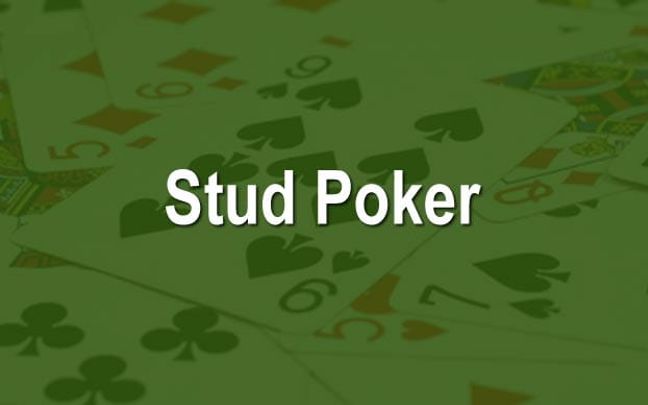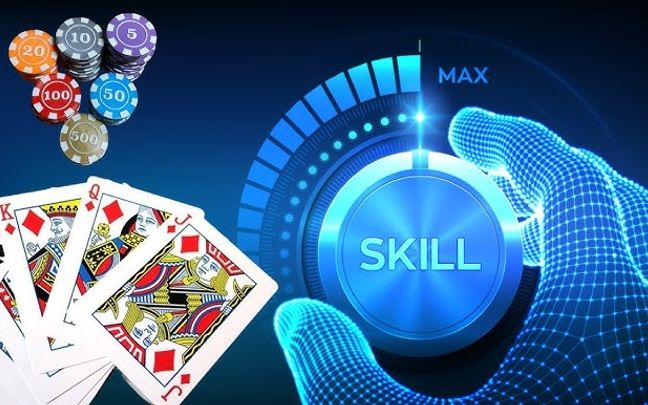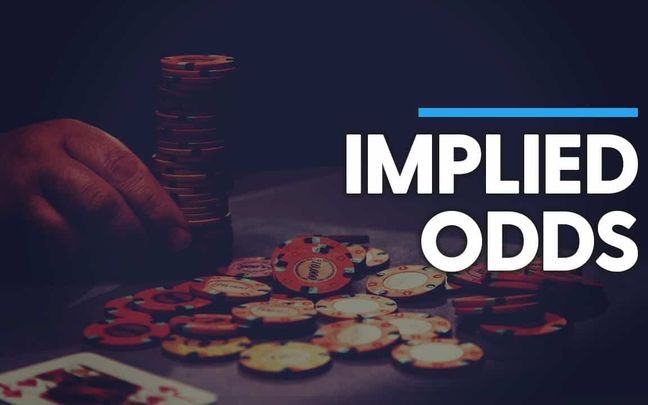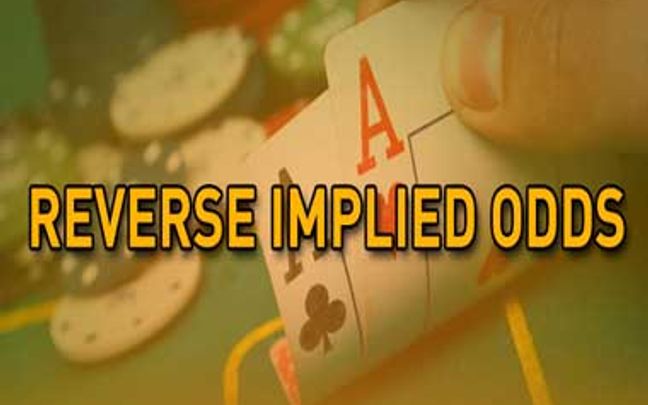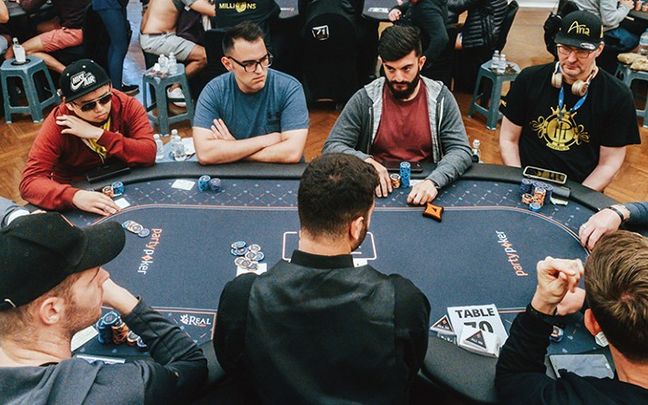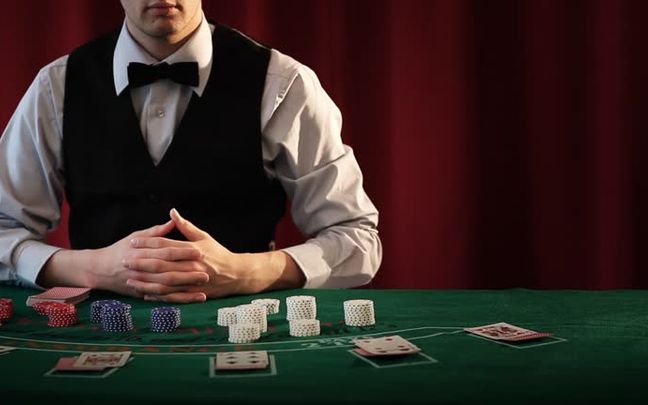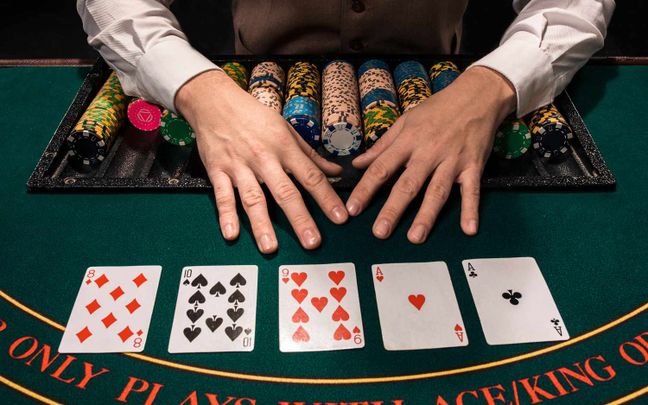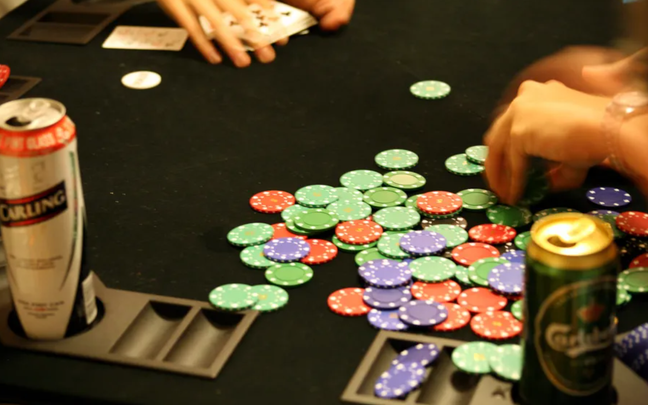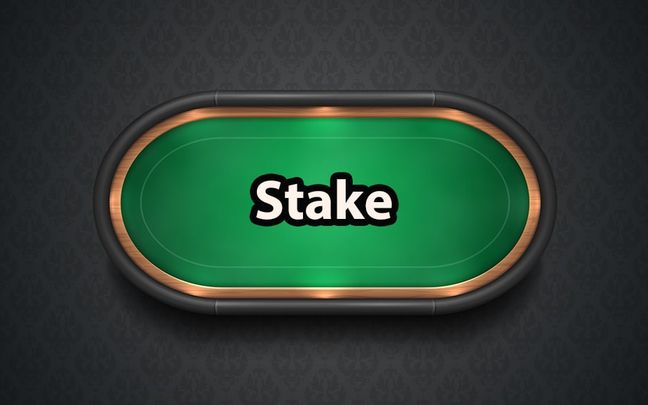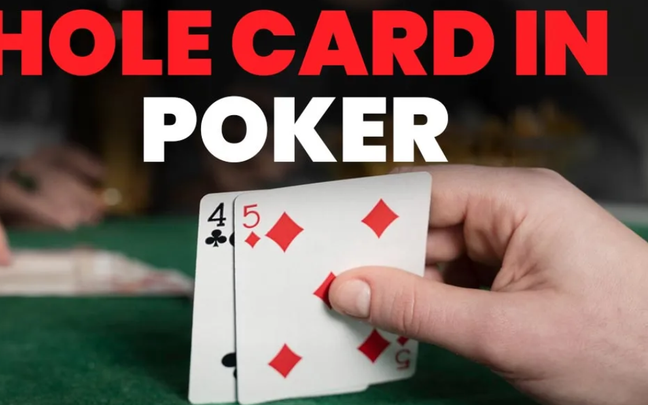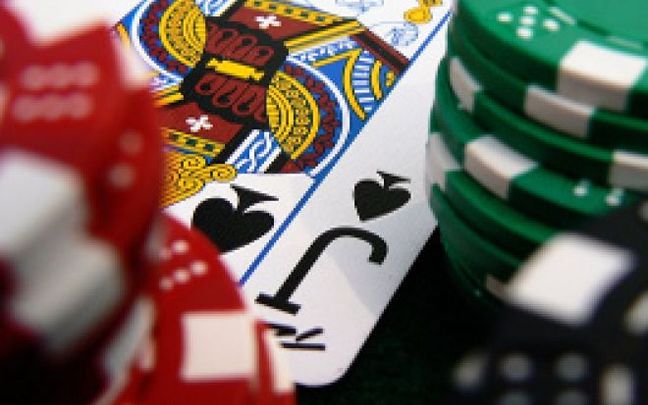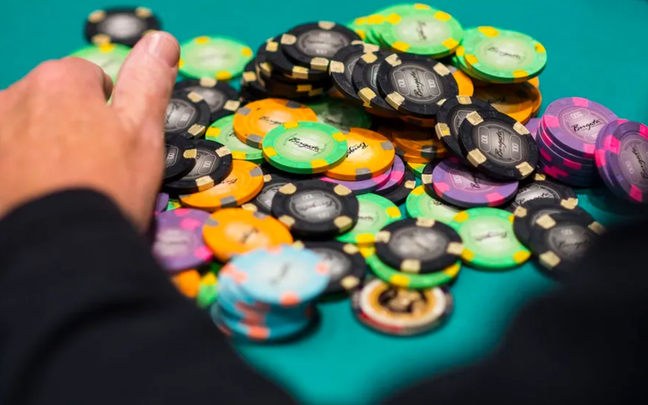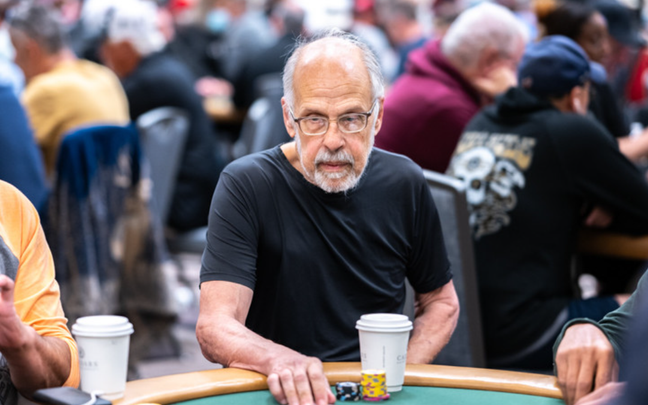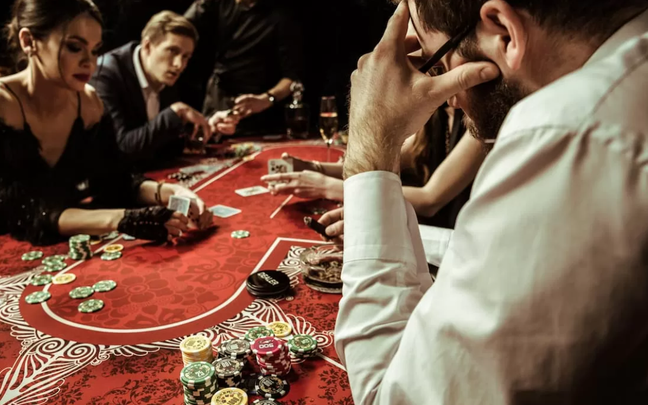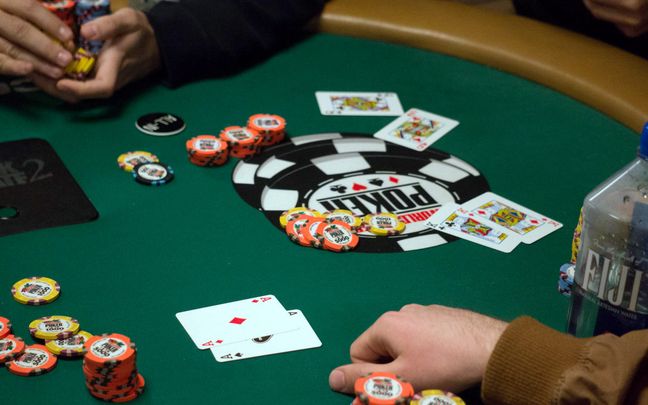A Poker Tour is a series of professional poker tournaments that attract players from all over the world to compete. With diverse events and substantial prize pools, Poker Tours offer opportunities not only to challenge your skills but also to build your reputation in the poker community.
This article will help you explore everything you need to know about participating in a Poker Tour.
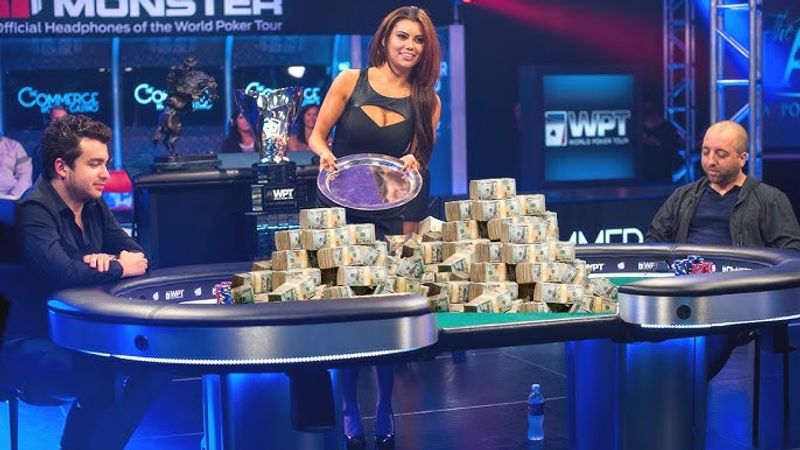
What is a Poker Tour?
A Poker Tour refers to a series of professional poker tournaments, typically organized as a chain of events held at various locations around the world.
These events attract a wide range of players, from amateurs to top professionals, competing for huge cash prizes and prestigious titles in the poker world.
Structure of a Poker Tour
A Poker Tour usually consists of multiple smaller tournaments held at renowned casinos or special venues over several weeks or even months.
Each tournament features different formats (such as Texas Hold'em, Omaha, etc.) with a wide range of buy-ins, from a few hundred dollars to hundreds of thousands. Events typically start with smaller qualifying rounds, and winners or those advancing deep in the tournament proceed to the Main Event.
Famous Poker Tours
Some of the most famous Poker Tours around the world include:
-
World Series of Poker (WSOP): The most prestigious and oldest poker tournament, held annually in Las Vegas. The WSOP attracts thousands of players from across the globe, with the Main Event offering millions in prize money and the iconic WSOP gold bracelet for the winner.
-
World Poker Tour (WPT): An international Poker Tour held in various countries, including the U.S. and Europe. WPT is widely televised, helping to popularize poker to a global audience.
-
European Poker Tour (EPT): The premier poker tournament in Europe, attracting top players and held in major cities like Monte Carlo, Barcelona, and Prague.
-
Asia Pacific Poker Tour (APPT): A Poker Tour focused on the Asia-Pacific region, drawing participants from countries throughout the area.
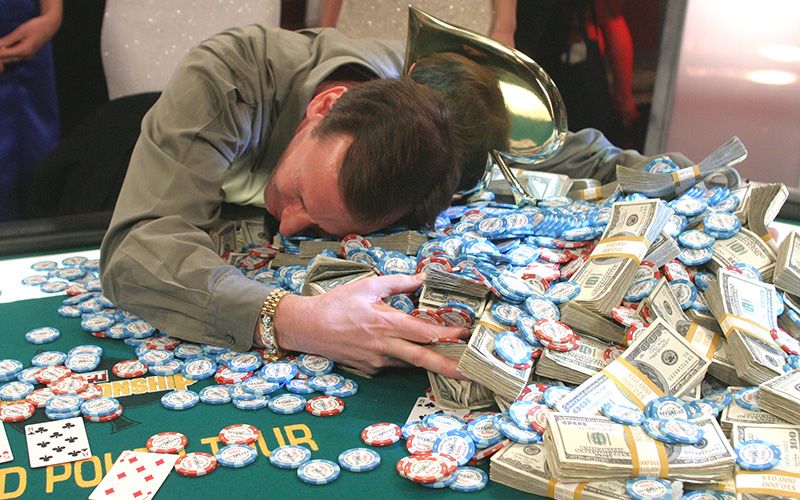
Players' Goals in a Poker Tour
The goal of players in a Poker Tour is not only to win substantial cash prizes but also to build and strengthen their reputation within the poker community. Participating in these tournaments provides not only skill challenges but also the opportunity to showcase oneself in front of poker enthusiasts.
Winning a major tournament not only brings significant financial rewards but also elevates a player's poker career. Success in a Poker Tour opens the door to various other opportunities, such as sponsorship deals from prestigious brands in the industry, giving players additional resources to invest in their careers.
Moreover, as you establish a solid reputation, it becomes easier to participate in higher-caliber tournaments in the future, allowing you to continually refine your skills and strategies. This helps in building a strong personal brand in the poker world, an achievement not everyone can attain.
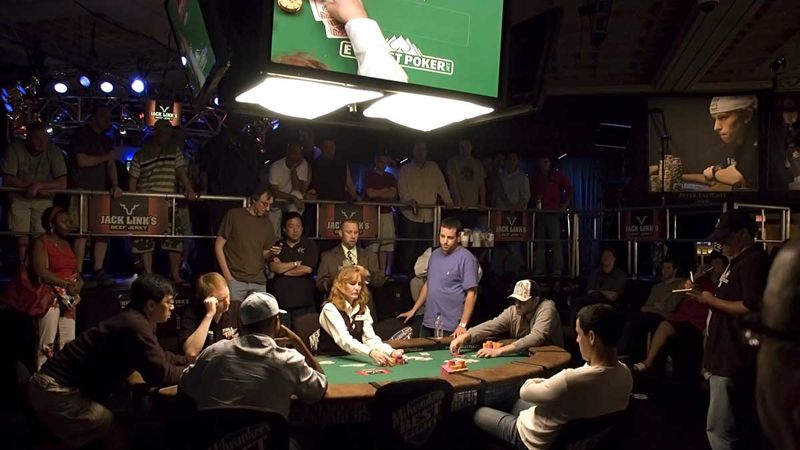
How to Participate in a Poker Tour
To participate in a Poker Tour, you have two main options: buying in directly or entering through satellite tournaments.
Direct Buy-In
This is the simplest method, where you can pay cash to enter the main event. Each tournament typically has a specific buy-in amount, and when you decide to participate, you pay this fee for a chance to compete against other players.
This option is usually for those who are ready to make a significant investment and have the financial means to join large tournaments.
Joining a Satellite Tournament
For players looking to save on costs, satellite tournaments are an ideal choice. These tournaments allow you to play for a much lower buy-in compared to the main event.
You can enter a satellite tournament, and if you perform well, you will win a ticket to the main event without having to pay the full buy-in. This is a great opportunity for beginners or those who want to try their hand at poker without investing too much.
Regardless of which method you choose, participating in a Poker Tour not only offers a chance to win big prizes but also provides a fantastic experience where you can meet top players and improve your poker skills.
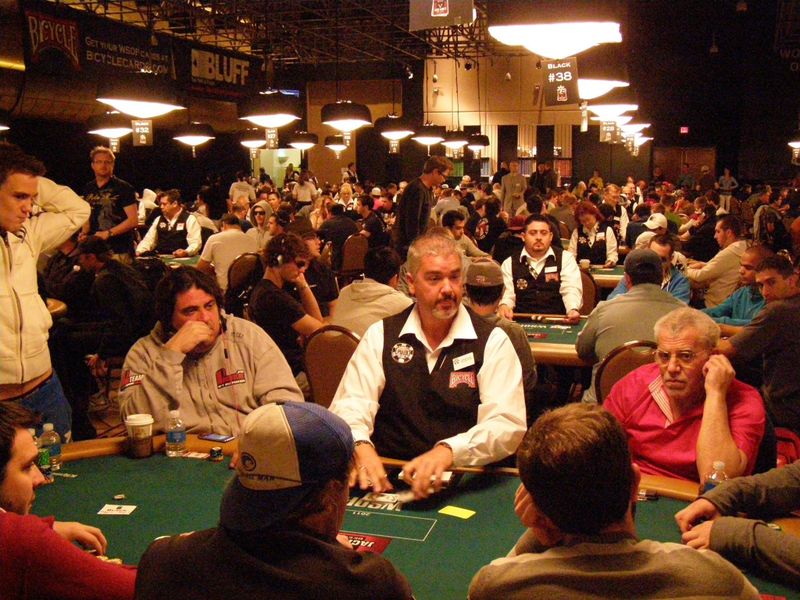
Important Considerations When Participating in a Poker Tour
Participating in a Poker Tour requires not only poker skills but also careful preparation in terms of mindset, physical endurance, and strategy. Below are some key points to keep in mind to increase your chances of success in professional poker tournaments.
Understanding the Rules and Tournament Format
Each tournament in a Poker Tour features different formats (Texas Hold'em, Omaha, etc.), along with specific betting levels and prize structures.
Understanding the rules, how prizes are distributed, and the tournament regulations is crucial to avoid being disqualified for violating rules.
Bankroll Management
Participating in a Poker Tour requires significant buy-ins, ranging from hundreds to thousands of dollars. You need to have a solid financial management plan in place to avoid overspending on tournaments without considering the risks.
Good bankroll management not only allows you to enter more tournaments but also reduces stress, helping you play with a stable mindset.
Physical and Mental Preparation
Poker Tours often last several days, even weeks, requiring endurance and high concentration. Matches can last for many hours, so maintaining both physical and mental health is essential.
Ensure you get enough sleep, eat healthily, and take reasonable breaks between matches to stay alert.
Time and Emotion Management
Throughout the tournament, there will be times when you face a streak of bad hands or get “read” by opponents. It's important to stay calm and not let emotions influence your decisions. Managing your emotions well helps you maintain your performance and avoid impulsive decisions.
Flexibility in Strategy
A successful poker strategy in a Poker Tour cannot rely on a fixed approach. You need to read the situation, observe your opponents, and adjust your gameplay accordingly. Be flexible between tight and loose play styles, and know when to attack aggressively and when to defend cautiously.
Observing and Analyzing Opponents
The ability to observe and read your opponents is a crucial skill in professional poker. Each opponent will have their own playing style, habits, and tells. Pay attention to their psychological "tells" to make more informed decisions.
Watching their moves, decision timing, and changes in betting behavior can help you better understand them and adjust your strategy accordingly.
Patience and Perseverance
Poker is a long game that requires patience. You won’t win from the first few hands and may face several losses before achieving a big victory. It’s important not to rush or lose patience. Staying calm and persistent through each hand will help you navigate difficult times and bring you closer to success.
Learning from Experience
Whether you win or lose, every tournament is an opportunity to learn. After each hand, take time to analyze how you handled the situation, how your opponents played, and consider whether there’s a strategy you could improve for next time.
Continuous learning will help you grow stronger and refine your poker skills.
Maintaining Mental Health
Poker Tours can be long and stressful, so maintaining a positive mental state is crucial. Know when to take a break, find activities that help you relax, and don’t let the pressure of competition overly affect your mindset.
Preparing Necessary Documents
Especially when participating in international Poker Tours, ensure you have all the required documents such as passports, visas (if necessary), and other related paperwork to avoid administrative issues. Also, make sure you are aware of the legal regulations regarding poker in the country where the tournament is taking place.
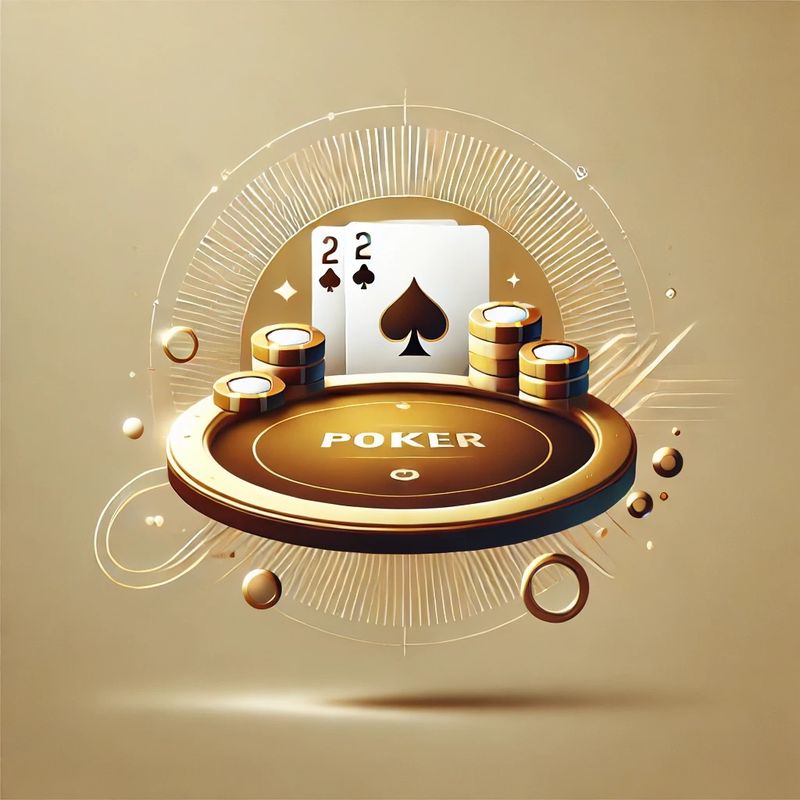
Participating in a Poker Tour is a valuable experience for any poker enthusiast, but it is also full of challenges. To achieve success, you need thorough preparation in all aspects, from skills and finances to physical and mental readiness. Most importantly, always keep learning, stay flexible, and maintain perseverance throughout the tournament journey.
